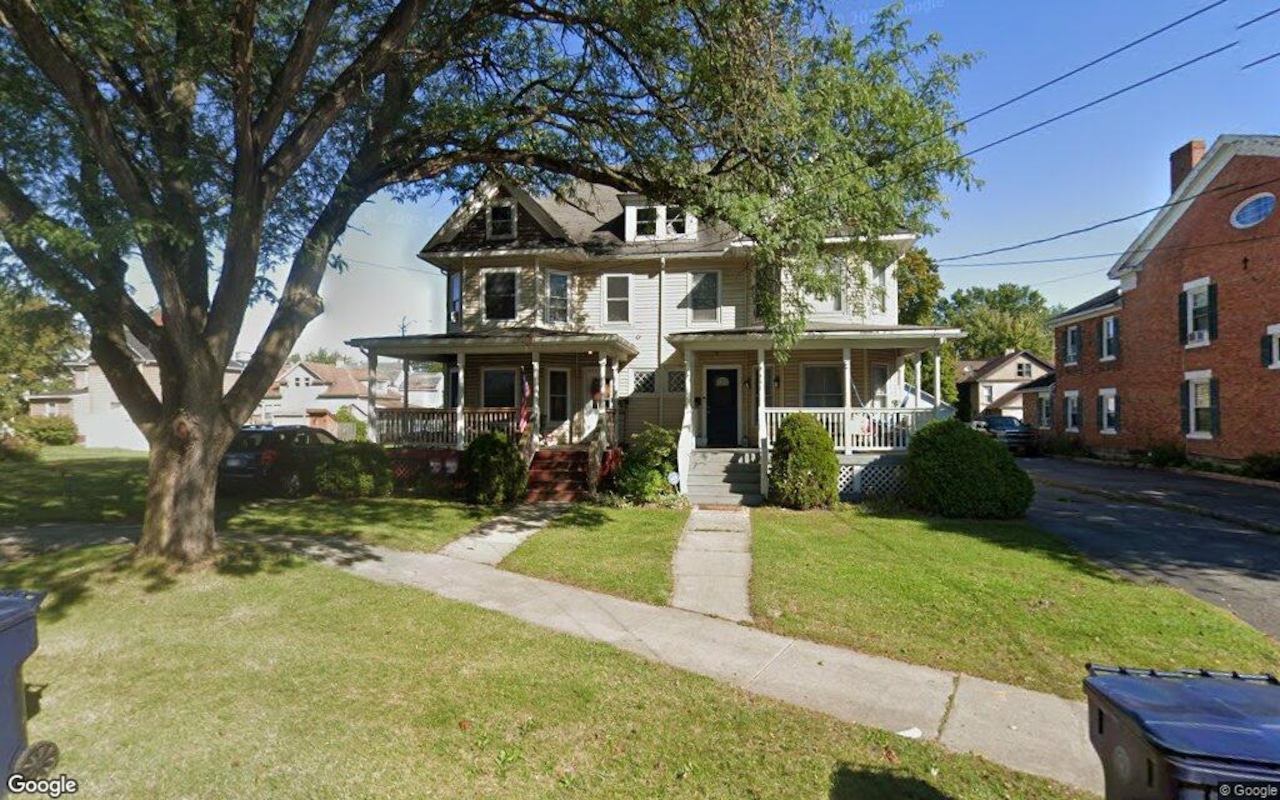F
lorida’s housing market is experiencing a notable shift: inventory has dipped for the first time in 110 weeks, a trend highlighted by Compass chief economist Mike Simonsen. The cause is not a surge in buyer interest but a wave of delistings and a slowdown in new listings.
During the pandemic, Florida attracted remote workers, retirees, and investors from high‑cost states such as New York and California, drawn by more space, lower taxes, and relaxed COVID rules. From March 2020 to June 2022, home prices surged 51%, and demand kept inventory tight. Today, the market is turning in the opposite direction. Zillow reports a 5.4% year‑over‑year decline in prices, and sellers who are not in a hurry are pulling their homes off the market rather than accepting lower offers.
Alexei Morgado, a Florida realtor and founder of Lexawise, told Fortune that the drop in listings stems from “low prices and low demand.” He added that the inventory slump is driven by delistings and sluggish demand, not by a wave of sales. Realtor.com data for August show that nearly 60 homes were removed from the market for every 100 that were newly listed in some parts of the state. Miami leads with a 59:100 delisting‑to‑listing ratio, followed by Tampa (33) and Orlando (28). Altos Research’s Simonsen notes that the total number of single‑family homes for sale fell from over 100,000 in spring to about 96,000 after years of rapid growth.
Jenna Stauffer, a Florida broker with Sotheby’s International Realty, describes the trend as a “clearing out” of would‑be sellers. Those who needed to sell have likely already done so, often at reduced prices or with concessions. She calls the pullback healthy, as it helps reset prices and balance supply with demand, and signals that sellers are becoming more attuned to market realities.
Is Florida heading toward a crash or a correction? Experts say the market is correcting, not crashing. A crash would involve a sudden, severe price collapse driven by a supply‑demand imbalance. Instead, the inventory decline indicates a market adjustment. Stauffer explains that high inventory previously pressured prices and gave buyers an advantage. With inventory tightening, buyers lose some leverage, allowing sellers to regain a modest edge. She stresses that this is a reset, not a crash, and that sellers must recognize the new market dynamics: demand and supply have changed, pushing everyone toward a more realistic middle ground.
For homeowners, Morgado advises caution: if you must sell, do so, but if possible, wait. Buyers, however, can benefit from lower rates and discounts, making it an opportune time to purchase.














